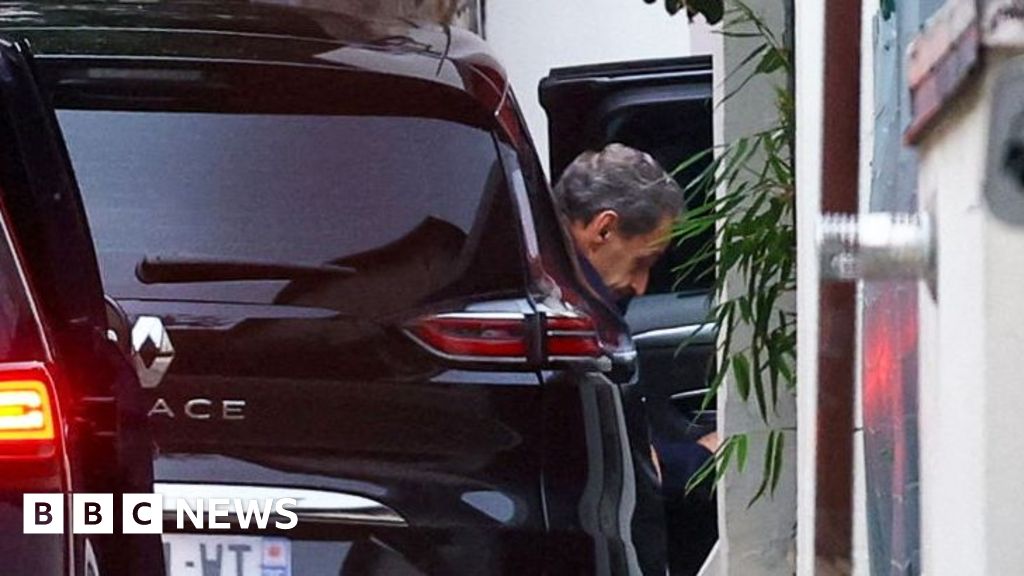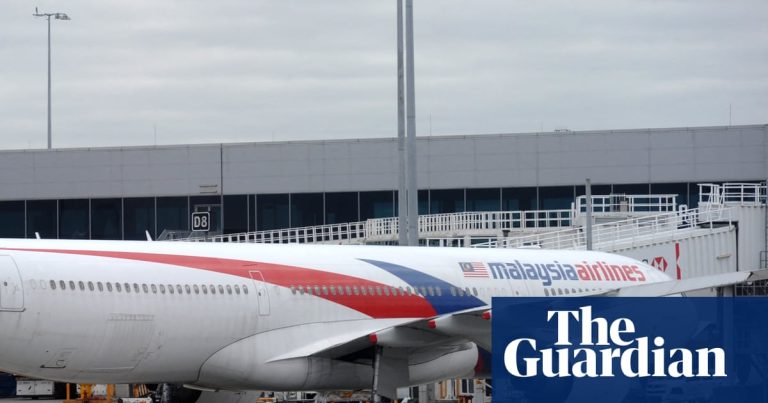Former French president Nicolas Sarkozy has been released from jail after serving three weeks of a five-year sentence for participating in a criminal conspiracy. He will remain under strict judicial supervision and is barred from leaving France ahead of an appeal trial expected next year.
Sarkozy, 70, was sentenced on 21 October for allegedly conspiring to fund his 2007 election campaign with money from the late Libyan leader Muammar Gaddafi. His legal team immediately sought his release.
After the court approved his early release, his car left La Santé prison in Paris shortly before 15:00 (14:00 GMT) and he was later seen at his home in western Paris. On social media, Sarkozy said his “energy is focused solely on the single goal of proving my innocence” and added that “the truth will prevail… The end of the story is yet to be written.” Lawyer Christophe Ingrain called the release “a step forward” and said they are preparing for an appeal trial expected in March.
A condition of his release bars him from contacting witnesses in the so-called “Libyan dossier” or any justice ministry employees. During his imprisonment, Justice Minister Gérald Darmanin visited Sarkozy, prompting 30 French lawyers to file a complaint alleging a conflict of interest because Darmanin is a former colleague and friend of the ex-president.
Speaking to a Paris court via video link, Sarkozy called his time in solitary confinement “gruelling” and “a nightmare,” denied ever asking Gaddafi for money and said he would “never admit to something I haven’t done.” He praised prison staff for making his time “bearable” and showing “exceptional humanity.” His wife, singer and model Carla Bruni-Sarkozy, and two of his sons attended the courtroom.
Sarkozy is the first former French leader jailed since World War Two’s Philippe Pétain, who was imprisoned for treason in 1945. While in custody he was held in the isolation wing with a cell that included a toilet, shower, desk, small electric hob, small TV (for which he paid a monthly fee), and a small fridge. He had the right to receive information, family visits, written and phone contact, but was effectively in solitary confinement with one hour a day of solitary exercise in a segregated courtyard.
Two bodyguards were placed in nearby cells, which Interior Minister Laurent Nuñez said reflected an “obvious threat” to Sarkozy. President from 2007 to 2012, Sarkozy has since left office faced multiple criminal probes and had been wearing an electronic tag after a December conviction for trying to bribe a magistrate to obtain confidential information in a separate case.




